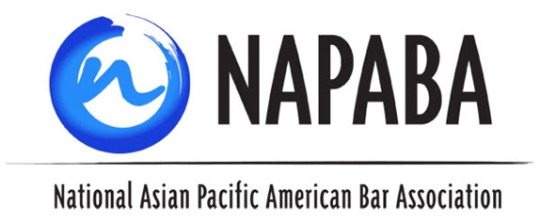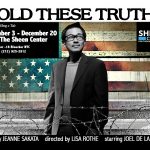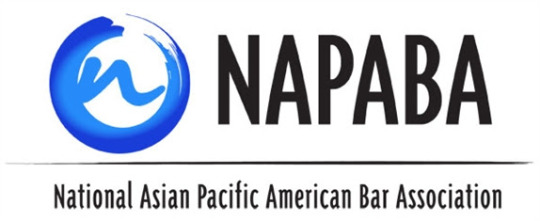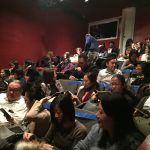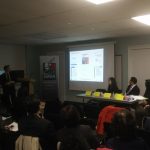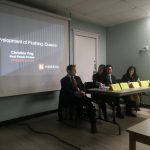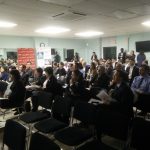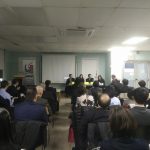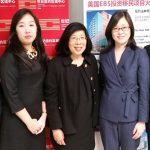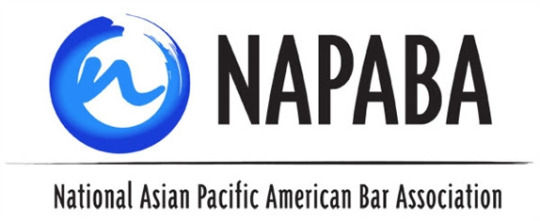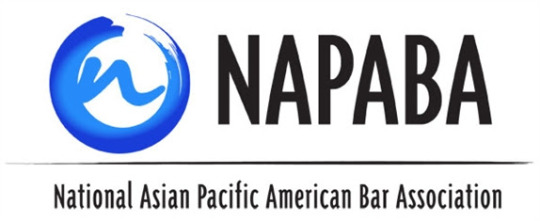
For Immediate Release
Dec. 14, 2017
Download a copy of “Interpreting Injustice.”
WASHINGTON — At a briefing on Capitol Hill, the National Asian Pacific American Bar Association (NAPABA) released “Interpreting Justice: Progress and Challenges in Language Access,” a report on language access for Asian Pacific Americans with limited English proficiency (LEP).
“Interpreting Justice” provides recommendations on policies, strategies, and best practices for legal, government, and community stakeholders to further diminish barriers to language access services for Asian Pacific Americans. “Interpreting Justice” finds that while overall progress has been made in the past 10 years, LEP individuals continue to struggle with limitations on languages interpreted, costs of interpretation, inconsistent interpreter quality, insufficient language assistance inside and outside of the courtroom, and a lack of translated written materials.
“This important report demonstrates the progress federal and state courts and agencies have made in the past decade, but underscores the continued need to improve language access services for the Asian Pacific American communities all over the country,” said NAPABA President Pankit J. Doshi. “NAPABA’s language access report, ‘Interpreting Justice,’ provides an updated picture on how the federal and state courts and agencies accommodate for the fastest growing population in the United States, Asian Pacific Americans.”
The diverse array of languages and dialects, particularly among Asian and Pacific Islander Americans, presents great challenges to ensure quality interpretation in both federal and state courts.“Interpreting Justice” recommends improving rules and standards for the use of interpreters, creating and providing translations of vital documents, and prioritizing appropriate training and compensation to maintain a pool of highly qualified interpreters.
Access for people with limited English proficiency in state courts progressed in the last decade, but access still varies greatly by state. More state courts and agencies have adopted language access plans or require certified interpreters, but states remain inconsistent with compliance with language access requirements. Much of the progress state and local agencies achieved for LEP individuals was the result of collaboration with advocates and community stakeholders.
NAPABA’s report also recognizes funding for language access as one of the largest barriers for LEP individuals and programs designed for LEP individuals. Federal budget cuts and the lack of awareness of language services for the LEP community creates a required increased emphasis on pursuing other forms or channels of funding, often stretching organizational capacity. NAPABA’s report recommends a number of feasible measures to counteract the underfunding.
“Interpreting Justice” builds on the work NAPABA started in 2007 with its groundbreaking report, “The State of Language Access for Asian Pacific Americans,” a culmination of NAPABA’s longstanding commitment to advance equal access to justice for Asian Pacific Americans with limited English proficiency (LEP) and widely used in creating new national standards on language access in the courts.
To access the full report, click here.
The report is a project of the NAPABA Research Institute led by the NAPABA Pro Bono and Community Service Committee. The report was released during a Congressional briefing in collaboration with the Congressional Asian Pacific American Caucus, featuring remarks delivered by Congresswoman Grace Meng (N.Y.–6), held in conjunction with the NAPABA Convention in Washington, D.C.
For more information, the media may contact Brett Schuster, NAPABA communications manager, 202-775-9555, [email protected]. Questions about the 2017 report may be sent to Oriene Shin at 202-775-9555, or at [email protected].
The National Asian Pacific American Bar Association (NAPABA) is the national association of Asian Pacific American attorneys, judges, law professors, and law students. NAPABA represents the interests of almost 50,000 attorneys and over 80 national, state, and local Asian Pacific American bar associations. Its members include solo practitioners, large firm lawyers, corporate counsel, legal services and non-profit attorneys, and lawyers serving at all levels of government.
NAPABA continues to be a leader in addressing civil rights issues confronting Asian Pacific American communities. Through its national network of committees and affiliates, NAPABA provides a strong voice for increased diversity of the federal and state judiciaries, advocates for equal opportunity in the workplace, works to eliminate hate crimes and anti-immigrant sentiment, and promotes the professional development of people of color in the legal profession.
To learn more about NAPABA, visit www.napaba.org, like us on Facebook, and follow us on Twitter(@NAPABA).


